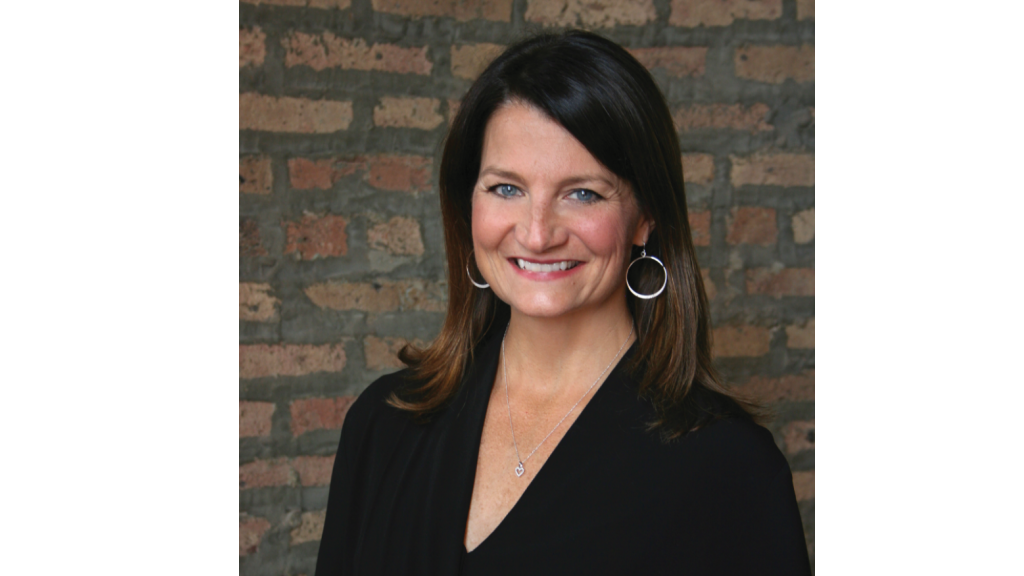
Social and emotional learning (SEL) may have once been viewed as extraneous to education, but the current health and economic crisis and the move to online learning underscored just how valuable the strategies and competencies emphasized in SEL are to preparing students for success in and out of school, says Karen Niemi, president of the Collaborative for Academic, Social, and Emotional Learning (CASEL). For more than two decades, the nonprofit has been a leading advocate for implementing high-quality, evidence-based SEL practices and policies.
Niemi talked to ASBJ’s Michelle Healy about the importance of prioritizing relationships, continuity, and communication as schools reopen.
What did you hear from schools about SEL work this spring?
That focusing effort and intentionality around building, sustaining, and leveraging the quality of relationships was more important than ever, from an academic perspective, a social perspective, and an emotional perspective. We really must highlight that so that the support structure that is needed to get people through the coming year is in place. One thing that is undeniable is that those school districts that had investments in and prioritized family and community partnerships were much more well prepared to deal with and to scale needed support services.
Why should SEL instruction be on schools’ agendas for the new school year?
It is not an either-or proposition between social and emotional learning and academics. When we’re looking at how we can best support students and achieve the greatest academic impact, there will be pressure on people to double down on academics because they’re going to be hyperfocused on the COVID slide or whatever we call it. If that results in taking away time and attention from relationships, fortifying the emotional environment in which kids are, whether its schools or at home, or developing needed skills and strategies, it would be a disservice.
Why should students and parents be part of school discussions about SEL instruction?
When schools adopt social-emotional learning, they are really incorporating the priority of hearing from the students and the families that they serve. Especially in this moment, it should really be about creating opportunities that allow parents to give input, guidance, and support, and to also create intentional structures that allow kids to help shape their own experience. Give them the chance to say what is working, what isn’t, what we need more of, what we need less of. Making sure that we’re not trying to create a one-size-fits-all solution by listening to what the students and the teachers and the parents have to say is very important.

Share this content